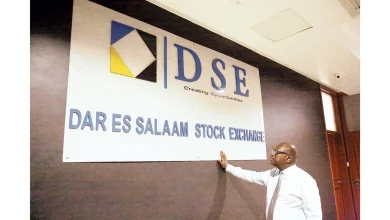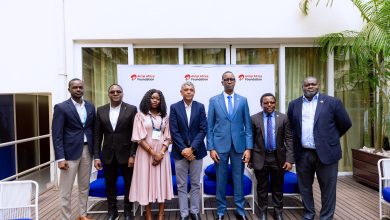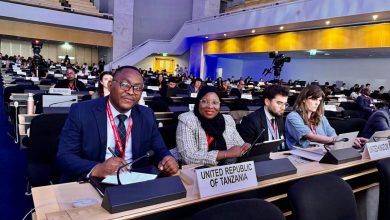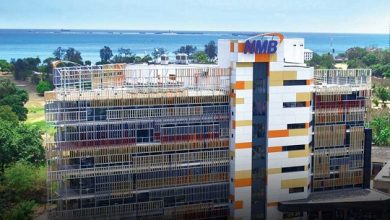Campaign season to spark economic boom
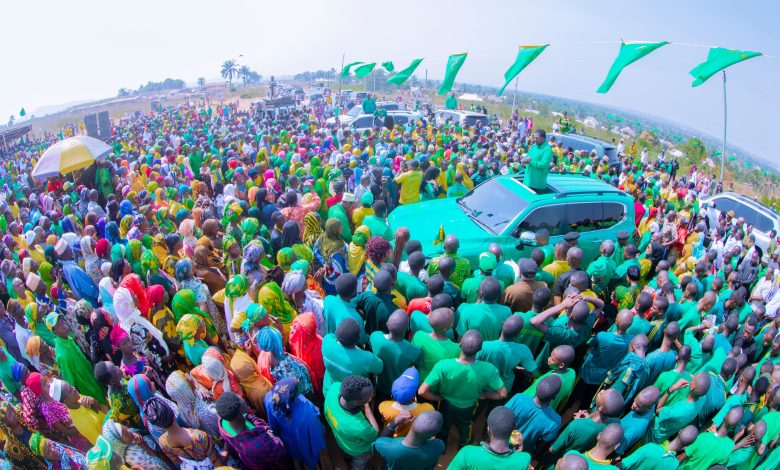
DAR ES SALAAM: POLITICAL parties are mobilising massive funds ahead of the October 29 General Election, a move that is already energising the country’s economy.
In the course, the economic ripple goes beyond large-scale campaign spending. Local food vendors experience a surge in sales during rallies, while hotels and guesthouses report higher occupancy as teams move from region to region.
Transport operators also benefit from the increased movement of people and materials and printing and media companies see heightened demand for campaign-related products and advertising space.
Saint Augustine University of Tanzania (SAUT), Business and Entrepreneurship Lecturer Dr Sylvester Jotta said these activities not only generate short-term income but also create temporary employment opportunities, giving small businesses and communities a welcome boost ahead of the elections.
ALSO READ: Govt injects 1.3tri/- in four years to empower small entrepreneurs
“Campaigns catalyse business opportunities,” Dr Jotta told the Daily News recently, “the electoral campaigns have multiplier effects across economic sectors”. He said various parties’ rallies across the country will enhance spending and business circulation by creating new sources of markets. Political parties, both ruling and opposition, spend heavily on branding, logistics, advertising and public events, a spending spree that benefits a wide network of businesses.
Thus, analysts predict that the electoral campaigns could provide a significant boost to business activity, with the ruling party, CCM, seek to mobilise 100bn/- for campaign and other development activities.
The election law says that total election expenses for entire party are limited to 25bn/- and campaigns will run for a 60-day period, from August 28 to October 28 this year.
For economists and business watchers, the electoral season is more than a political event; it is a period of heightened economic circulation, demonstrating how large-scale political mobilisation can stimulate commerce and create shortterm economic gains for the communities.
In that regard, he urged businesspersons to capitalise on new market opportunities arising from the rallies which can also boost government revenue. An economist cum investment banker, Dr Hildebrand Shayo, said the allocated 100bn/- for the campaigns and other party development activities has an immediate effect on liquidity.
“From an economic perspective, these payments inject liquidity into the economy, mainly benefiting the transport and hospitality sectors including bus operators, hotels and vehicle rentals as well as the urban informal sectors such as printing, tailoring and petty traders near rallies,” Dr Shayo said.
However, he said there may be a risk of inflation, should all 16 parties allocate massive funds for campaigns, when considering structural and inflationary variables. The sudden increase in demand could cause short-term price rises for advertising, transportation, petrol and accommodation because campaign expenditures are focused within the few months.
Meanwhile, Economist Dr Isaac Safari said the electoral rallies catalyses production in areas where they will be conducted to cope with the temporary rise of demand. He said such a trend has a direct positive impact on small businesses encompassing food vendors, caterers and transporters.


